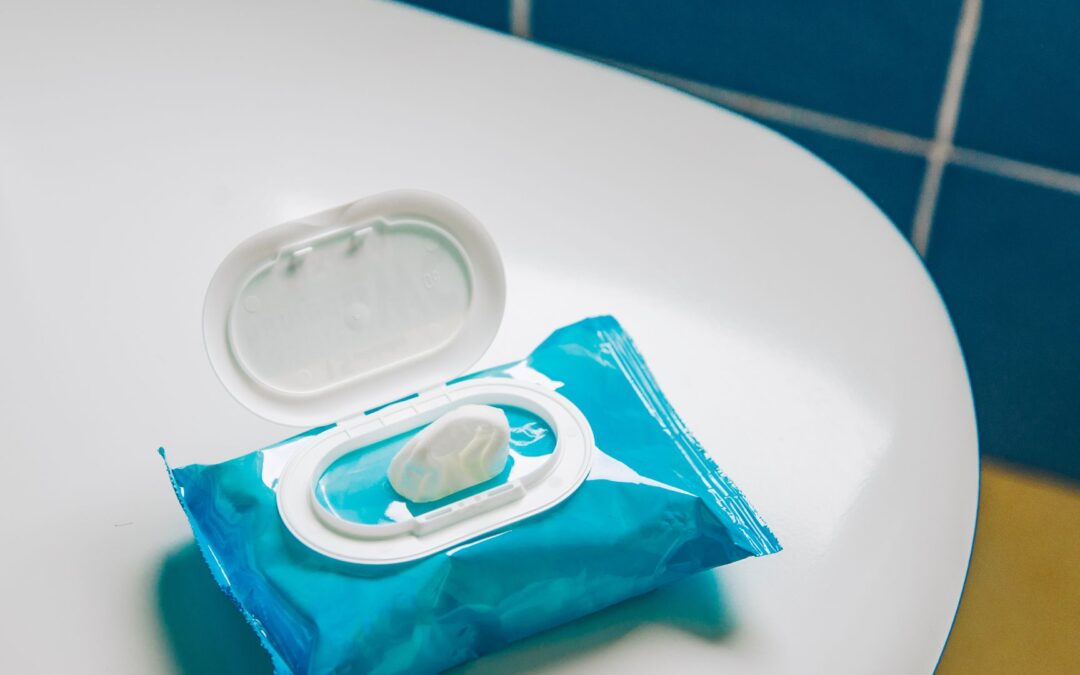In recent years, “flushable” wipes have become a popular alternative to toilet paper. Many people use them for personal hygiene, baby care, or household cleaning, believing that they are safe to flush. However, despite what the packaging may claim, these wipes are wreaking havoc on sewer systems and septic tanks. Let’s dive into why wipes are a problem for your plumbing and how you can avoid costly repairs down the road.
1. Wipes Don’t Break Down Like Toilet Paper
Toilet paper is designed to disintegrate quickly when it comes into contact with water. This allows it to pass through pipes and sewage systems without causing blockages. Wipes, on the other hand, are made from thicker, more durable materials like plastic fibers that don’t break down easily. When flushed, these wipes can get stuck in your pipes, leading to clogs and backups.
2. Wipes Contribute to “Fatbergs”
When wipes are flushed, they can combine with grease, oil, and other debris in the sewer system to form large, stubborn clogs known as “fatbergs.” These masses can grow to enormous sizes, blocking entire sections of pipes and causing significant damage to municipal sewer systems. Clearing fatbergs can be a costly and time-consuming process for both homeowners and cities.
3. Septic System Problems
If your home is on a septic system, flushing wipes can cause even bigger problems. Septic systems rely on a delicate balance of bacteria to break down waste. Wipes can disrupt this balance, leading to tank overflows and the need for more frequent pump-outs. Worse, they can block the outflow pipes, causing sewage to back up into your home or yard.
4. Environmental Impact
Even if wipes make it through your plumbing without causing immediate issues, they still pose a significant environmental risk. Wipes that pass through the sewer system often end up in water treatment plants or, worse, in natural waterways, where they contribute to pollution and harm marine life. Unlike toilet paper, which biodegrades, wipes can linger in the environment for years.
5. The Myth of “Flushable”
Many wipes are marketed as “flushable,” but in reality, most plumbing systems aren’t designed to handle them. While these wipes might technically go down the toilet, they don’t dissolve like toilet paper, meaning they can accumulate in your pipes or the broader sewer system. The best practice is to dispose of wipes in the trash, even if they’re labeled flushable.
Final Thoughts
Despite their convenience, wipes can cause serious damage to both home plumbing and public sewer systems. To protect your pipes and your wallet, always throw wipes in the trash, no matter what the packaging claims. By making this small change, you can avoid clogs, backups, and expensive repairs while helping to protect the environment.

